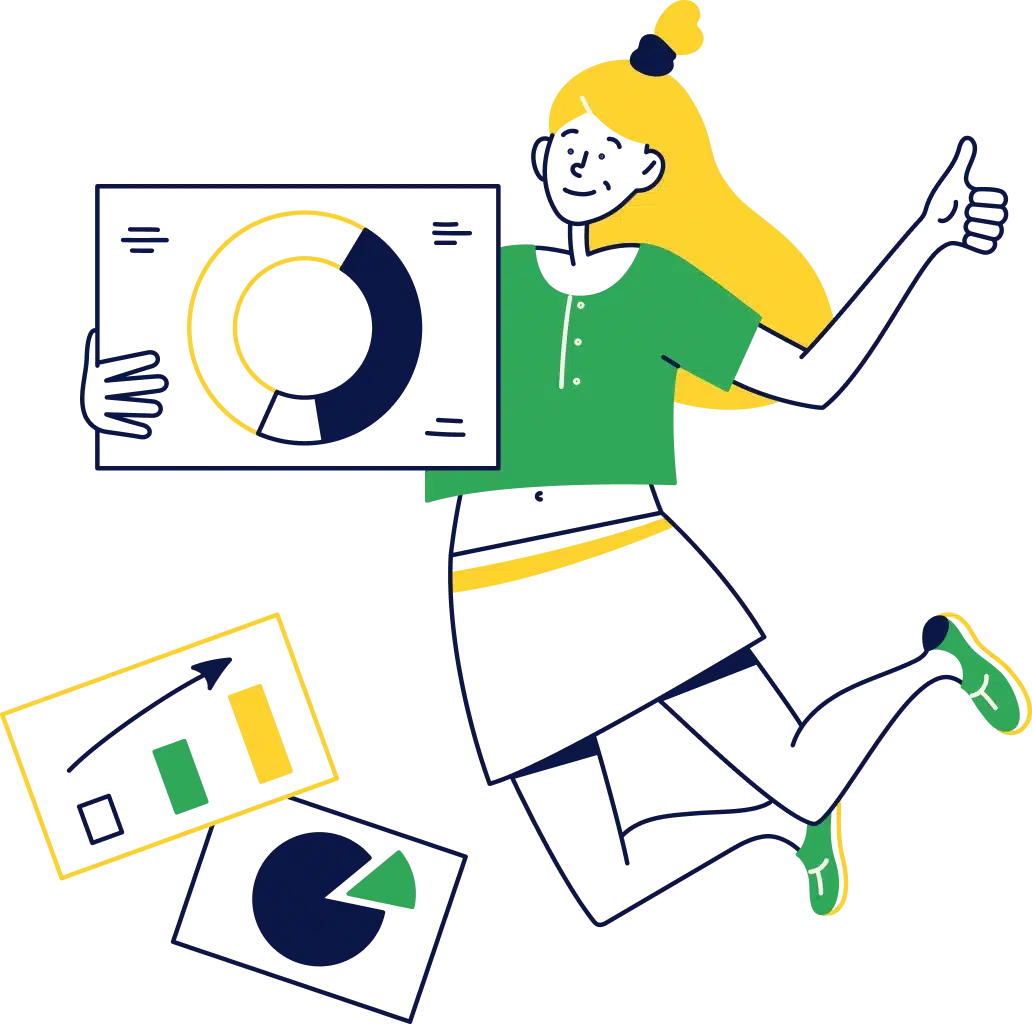The quick version:
If your child struggles with the building blocks of reading and spelling (sounding out, blending, fluency, and remembering spellings), opt for a specialist dyslexia tutor. They use structured, evidence‑based methods and can guide students on exam accommodations and the use of assistive technology.
If your child’s dyslexia is already well supported, but grades dip because of essay structure, analysis, or exam technique, an English tutor with an understanding of dyslexia can be brilliant.
You don’t have to choose alone. At Sunbeam Education, every tutor is insured, holds an Enhanced DBS, and brings specialist SEN knowledge. We interview every tutor and prioritise empathy and communication so students feel genuinely supported. Free 20-minute consultations enable you to find a good match for your child. Find out more about our wonderful tutors here.
What does a Dyslexia Tutor do?
A dyslexia tutor helps students pinpoint the why behind reading and spelling struggles and teaches in a way that enables them to make lasting progress. At Sunbeam Education, our experienced dyslexia tutors all teach in their own style and have honed their own methods. Depending on the support your child needs, here is what you can expect from dyslexia tuition:
- Structured Literacy, taught explicitly using step‑by‑step methods that support the dyslexic student without bombarding them with jargon. Take a look at this article from the International Dyslexia Association for more information.
- Tailored teaching: Dyslexia tutors understand that each child’s needs are unique, tailoring tuition to meet the individual needs of each student.
- Progress you can see: clear goals such as accuracy with specific sound‑spellings, timed fluency targets, morphology for spelling, and regular check‑ins to ensure learning is retained across sessions.
- Assistive-tech coaching: Where appropriate, dyslexia tutors can offer guidance on using assistive technology, such as text-to-speech, speech-to-text, planners, and note-taking tools. Dyslexia tutors help students learn how to incorporate this technology into their daily habits.
- Exam‑aware support: guidance around access arrangements (such as extra time, readers or scribes, a laptop) and what counts as your child’s normal way of working.
Think of specialist dyslexia tutoring as laying a strong foundation in literacy. Once decoding and spelling are better supported, subject-specific progress, including comprehension, planning, and essay writing, becomes easier. For more information, check out our blog post: Unlocking Potential: How Dyslexia Tutoring Can Help.
What an English tutor does brilliantly:
A great English tutor helps with the curriculum itself - supporting students with set texts, literary and linguistic analysis, writing craft, and exam technique. You’ll typically see:
- Essay Writing Techniques: Help with planning and structuring essays.
- Set text support: Coaching on the themes, narratives and characters of set texts, assisting with comprehension and relevant historical context.
- Exam preparation: Practice with analysis and comparison for GCSE Literature and Language papers.
- Revision planning and accountability: helping students learn what to study, in what order, and how to use past papers to help with exam preparation.
- Tailored feedback that improves student work once reading is already fluent.
If your child understands their set texts but struggles to express their opinions and make comparisons, or stumbles when tackling long-form essays and coursework, an English tutor might be the next right step.
At Sunbeam Education, our English tutors are also experts in SEN, meaning that you can prioritise subject support for your child, while ensuring that their tutor will understand and accommodate their dyslexia every step of the way.

Not sure which you need? Use this quick guide
Choose a dyslexia tutor if your child often:
- Loses their place or skips small words when reading.
- Dreads reading aloud or avoids independent writing because spelling feels overwhelming.
- Writes phonetically (e.g., “sed” for “said”) well past the usual age.
- Reads very slowly or gets tired quickly while reading.
Choose an English tutor with SEN expertise if your child:
- Reads with confidence but struggles to structure essays.
- Can decode word meaning but finds analysis and comparisons tough.
- Needs targeted GCSE or A-level exam technique and revision planning.
- Gets school feedback like “develop your ideas further” or “improve organisation.”
Our Sunbeam Education tutors can offer the best of both worlds.
Assistive tech: promoting accessibility in the classroom and at home
Used well, assistive technology can take the pressure off and free up brain space for actual thinking. And despite the name, not all assistive tech is digital! Popular supports include:
- Text‑to‑speech apps for long reading passages and proofreading.
- Audiobook versions of set texts.
- Speech‑to‑text software to get ideas down quickly without spelling getting in the way.
- Planning tools, both digital and physical, such as graphic organisers and mind‑maps, to help build essay structures, organise revision timetables and more.
- Reader‑friendly settings (fonts, spacing, background colour) to reduce visual stress.
The tech itself isn’t a magic fix, but building new learning habits with the aid of supportive tech can bring wonderful, lasting results. Our tutors can coach students to use the right tool at the right time until it becomes second nature.
We cover even more home study tips in this blog post: Supporting Students with Dyslexia: Practical Home Study Tips
Exams: access arrangements without the panic
If exams are on the horizon, it helps to know the landscape early:
- Schools follow the JCQ Access Arrangements framework.
- Adjustments (like extra time, a reader or scribe, or a laptop) depend on evidence of need and your child’s 'normal way of working'.
Specialist tutors can help your child practice using these accommodations ahead of time, so nothing feels new on exam day.

Safety and Quality at Sunbeam Education
Parents deserve peace of mind. Here’s how we handle that at Sunbeam Education:
- Safeguarding as standard: Every tutor is insured and holds an Enhanced DBS check.
- Specialist dyslexia knowledge: Our tutors are all passionate about supporting special educational needs, so your child gets expertise and understanding.
- Rigorous interviews: We personally interview every tutor listed on our website. We look for proven tutoring skill along with empathy, patience and communication. Students should feel safe, heard and motivated.
- Find your ideal tutor: Through free 20-minute consultations, you can make sure you find a tutor who’s a great fit for your child.
Questions to ask potential tutors:
If you’re leaning towards a dyslexia tutor:
- How will you assess my child’s starting point and set targets?
- What does a typical session look like, and how will we measure progress?
- What’s your experience with exam access arrangements?
- How do you use assistive technology with students?
If you’re leaning towards an English tutor:
- How do you adapt lessons for dyslexic learners?
- How will you adapt exam preparation to reflect their exam access arrangements?
- How will you help with essay planning and exam technique, specifically?
The bottom line
Both types of tutoring can make a real difference. If reading and spelling are the stumbling blocks, start with a specialist dyslexia tutor. If the issue is writing, analysis, or exam technique, an English tutor with SEN expertise might be the boost you need.
Ready to get started?
Book a friendly discovery call with one of Sunbeam Education’s tutors. They’ll listen carefully and create a plan that builds your child’s skills and confidence, without adding stress.





